Until the postal vote was announced as the mechanism by which Australians would decide whether or not all Australians would be given the right to marry in Australia, the terms “same sex marriage” and “same sex wedding” had rarely appeared in public debate. The battle-lines had been drawn on either side of the much broader and inclusive term, “marriage equality”. The introduction of the term “marriage equality” into the debate some years prior had been a masterstroke by the team advocating for equal rights for all Australians. The people who introduced and normalised its use were clever enough to understand that a majority of Australians would support it as they’d know that the denial or refusal of it meant we weren’t giving all Australians a fair go, one of the main social mores that underpin Australian society.
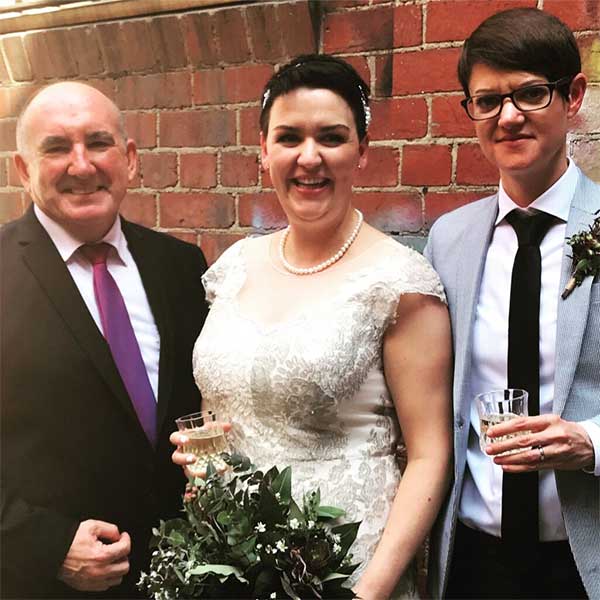
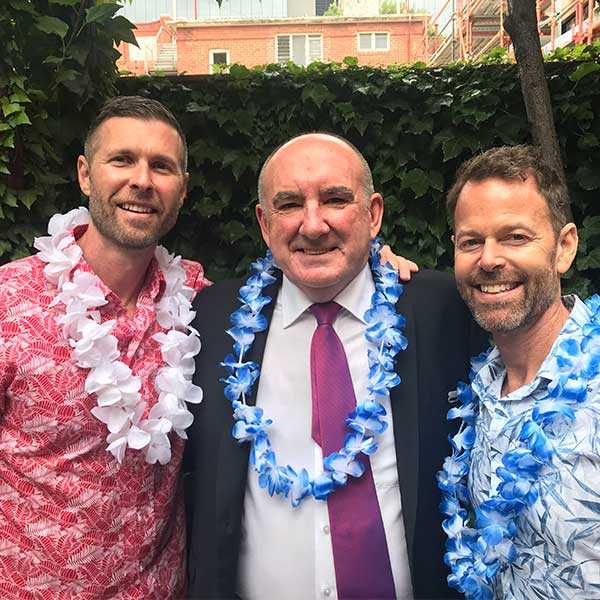
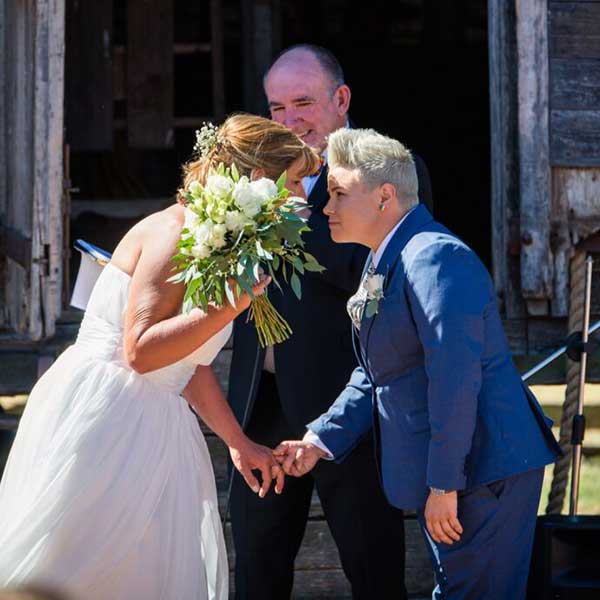
And so, when the Liberal and National Party coalition introduced the term “same sex marriage” into the debate, it knew that it was appealing to the conservative heartland and its hatred of this thing called ‘same sex’ or ‘homosexuality’. Those views and the vile homophobia they encouraged had been relegated to the past.
Or so we thought, until the term “same sex marriage” was reintroduced at the start of the postal vote period. The one thing that term has going for it is that it’s well branded – most people have an idea of what’s meant when it’s used. It also rolls off the tongue easily. And that’s the main reason the media picked up on it and used it so readily during the postal vote period.
Do you need help to plan your wedding in Melbourne?
So what’s wrong with using it, now that we have marriage equality?
There are three main things wrong with it:
- It relies on and reinforces an outdated view of the existence of the simplistic binary form of ‘sex’ – same sex implies a male marrying a male or a female marrying a female. What about someone who is indeterminate? And, whilst we know that gender identification is different from ‘sex’, the problem with using ‘same sex’ it also potentially excludes people who identify as bisexual, intersex, trans or genderfluid, who may or not marry someone of the ‘same sex’. By using the term “same sex”, we’re invalidating or, worse still, erasing other genders that exist.
The introduction of the term “marriage equality” into the debate some years prior had been a masterstroke by the team advocating for equal rights for all Australians.
– Bronte Price
- In a narrow sense, it reinforces latent homophobia. In recent decades, LGBTI+ advocates and activists had worked hard to avoid using terms associated with “sex” as they hearken back to when homophobes’ fear and repugnance of anal sex (also known as homosexual acts) led to Acts of Parliament being passed to make it illegal to carry them out or be associated with them. For many years, those views were reinforced by the police and the judiciary, further isolating and marginalising LGBTI+ people. And so to continue using terms that take us back decades to what were very dark times for the LGBTI+ community is a regressive step.
Do you need help to plan your wedding in Melbourne?
- It reduces the significance of the fact that the fight for marriage equality was always about that – giving all Australians the same rights at law, rather than continuing the homophobia-based denial of those rights to members of the rainbow community. The use of “same sex marriage” was an attempt to convince Australians that it was simply gay men who wanted to marry gay men and lesbians who wanted to marry lesbians rather than acknowledging and embracing the diversity within our community – and, of course, there were those hysterically wrong predictions about how many LGBTI+ couples would get married and the economic boon that would follow, as evidence that we we all going to rush (dare I say, mince!) to the pink altar along a rainbow encrusted aisle! But the reality is that lots of LGBTI+ couples don’t want to marry – and never will. And even though not all of our LGBTI+ community are ‘same sex’, an overwhelming majority within that community sure as heck did want the right to marry.
Get the latest wedding ceremony news, advice & tips
Sent straight to your email each month




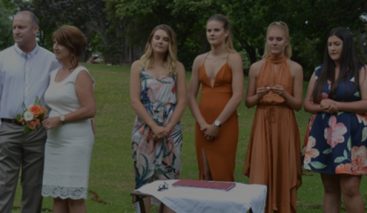
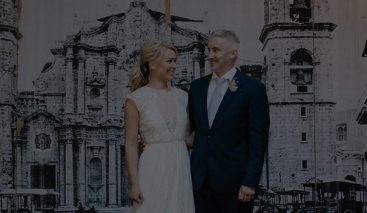
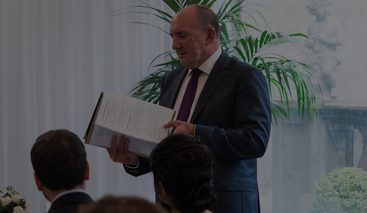
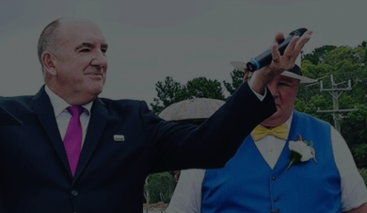
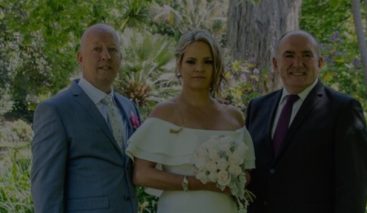
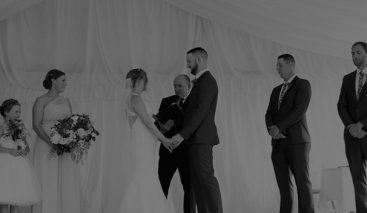
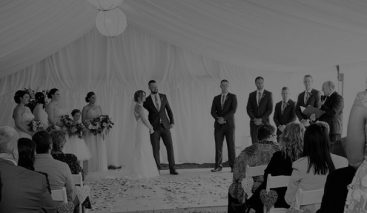
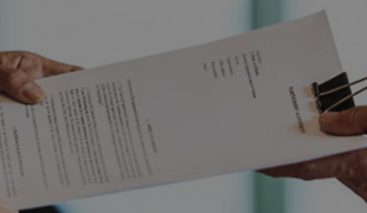
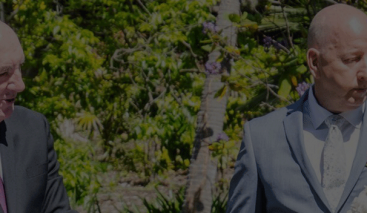
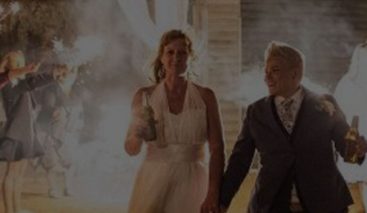
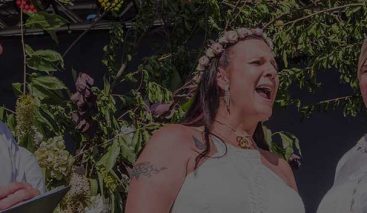
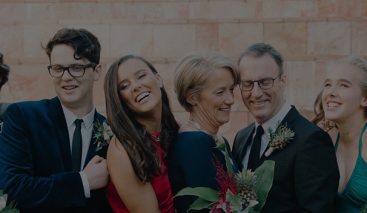
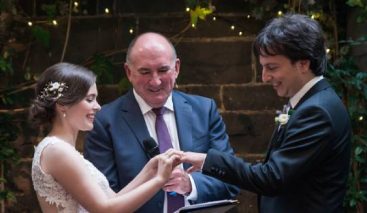
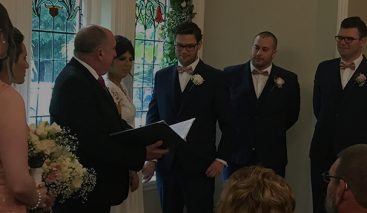
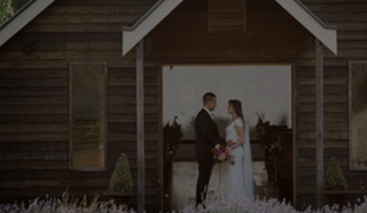
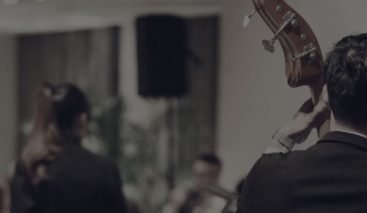


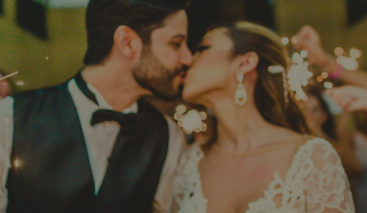

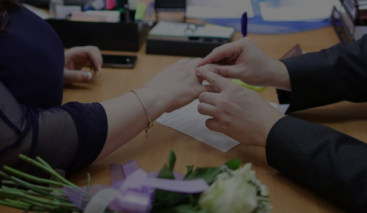






Sorry, the comment form is closed at this time.